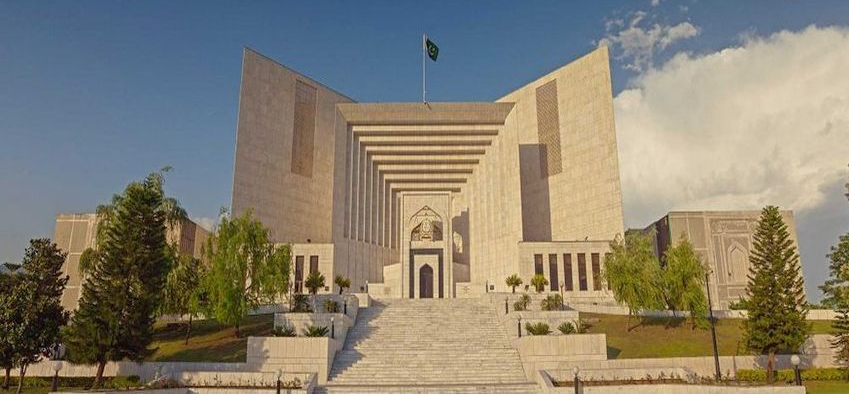Any disputes regarding inheritance between third parties do not affect the tenant’s obligation to vacate the property --- Supreme Court of Pakistan
Islamabad 21-09-2024: The Supreme Court of Pakistan, in a significant ruling, directed the immediate execution of an eviction order in a long-standing tenancy dispute between Mushtaque Ahmed (landlord) and Shahzad Khan (tenant). The Court ordered the Rent Controller to hand over possession of the disputed premises to the petitioner, bringing an end to nearly a decade of litigation.
The case began in 2014 when Mushtaque Ahmed filed [Rent Case No. 107 of 2014] under Section 15 of the Sindh Rented Premises Ordinance, 1979, seeking the eviction of Shahzad Khan from a rented property. The tenant challenged the eviction on the grounds that the petitioner was not the rightful owner of the premises. However, the Rent Controller, after reviewing the evidence, ruled in favor of the landlord. This decision was upheld through a series of appeals, including [First Rent Appeal No. 29 of 2019] and [C.P. No. S-19 of 2020], with both the Sindh High Court and the Supreme Court of Pakistan affirming the eviction order.
In 2022, the tenant approached the Supreme Court of Pakistan with [Civil Petition No. 47-K of 2022], where he requested more time to vacate the premises. The Court, in its June 16, 2022 order, granted the tenant six months to vacate the property, with the clear instruction that failure to do so would entitle the landlord to a writ of possession with police aid.
Despite these directions, the tenant failed to vacate the premises by the December 2022 deadline. In response, the landlord filed a [Criminal Original Petition No. 1-K of 2023], seeking contempt proceedings against the tenant for non-compliance with the Supreme Court of Pakistan order.
During the hearing, the tenant’s counsel argued that third parties were asserting inheritance rights over the property, which delayed the tenant’s compliance. However, the Supreme Court of Pakistan rejected this defense, emphasizing that the tenancy dispute was between the landlord and tenant, and the tenant could not use third-party inheritance claims to justify his failure to comply.
The Court cited the doctrine of finality of judgments, stressing that once the Supreme Court of Pakistan has ruled, the decision must be respected and litigation must come to an end. The Court noted that the tenant had exhausted all possible legal remedies and that the eviction order, affirmed by three concurrent rulings, must now be enforced without further delay.
The Supreme Court of Pakistan further directed the Rent Controller to execute the eviction order without any more hindrances. It also clarified that any disputes regarding inheritance between third parties do not affect the tenant’s obligation to vacate the property. The tenant was reminded that the Sindh Rented Premises Ordinance, 1979, specifically under Section 22, mandates that eviction orders be promptly executed by the Rent Controller.
This ruling underscores the Court’s commitment to enforcing legal decisions promptly and preventing unnecessary delays in the judicial process. The Supreme Court of Pakistan order reaffirms the importance of respecting final judgments and avoiding frivolous litigation to obstruct the course of justice.
This landmark ruling by the Supreme Court of Pakistan is expected to set a precedent for expediting eviction processes in tenancy disputes, ensuring that prolonged litigation does not frustrate the execution of lawful Court orders.
Powered by Froala Editor








